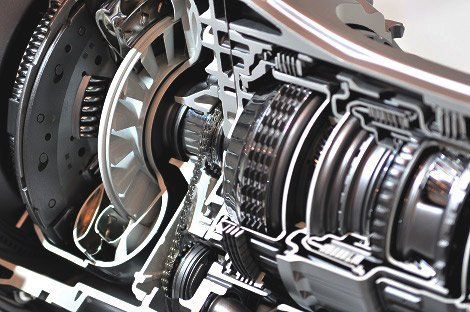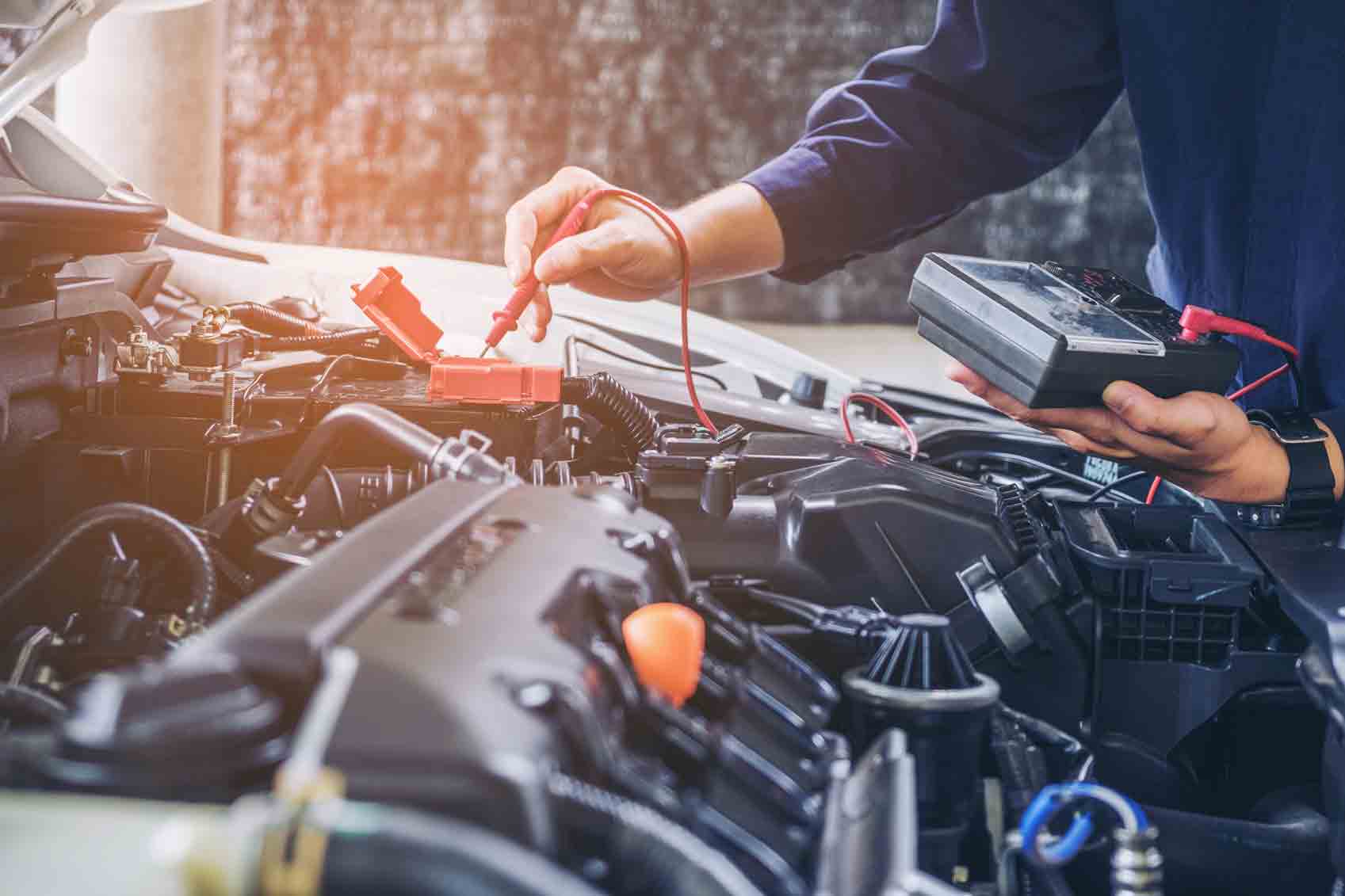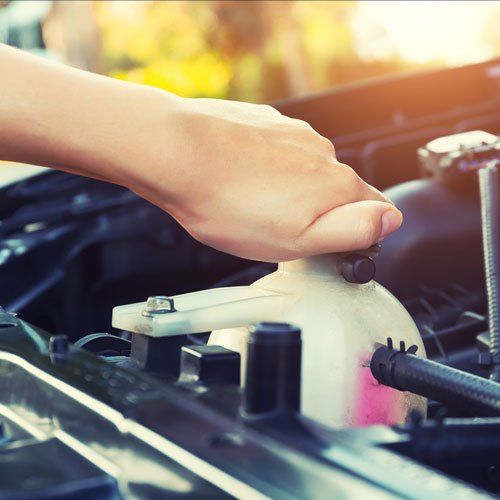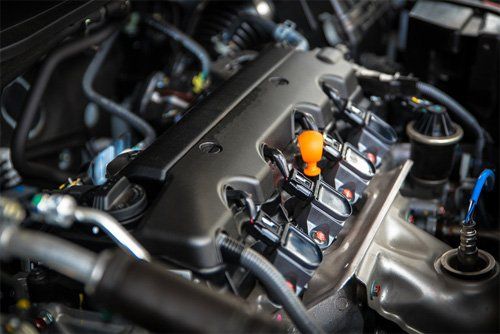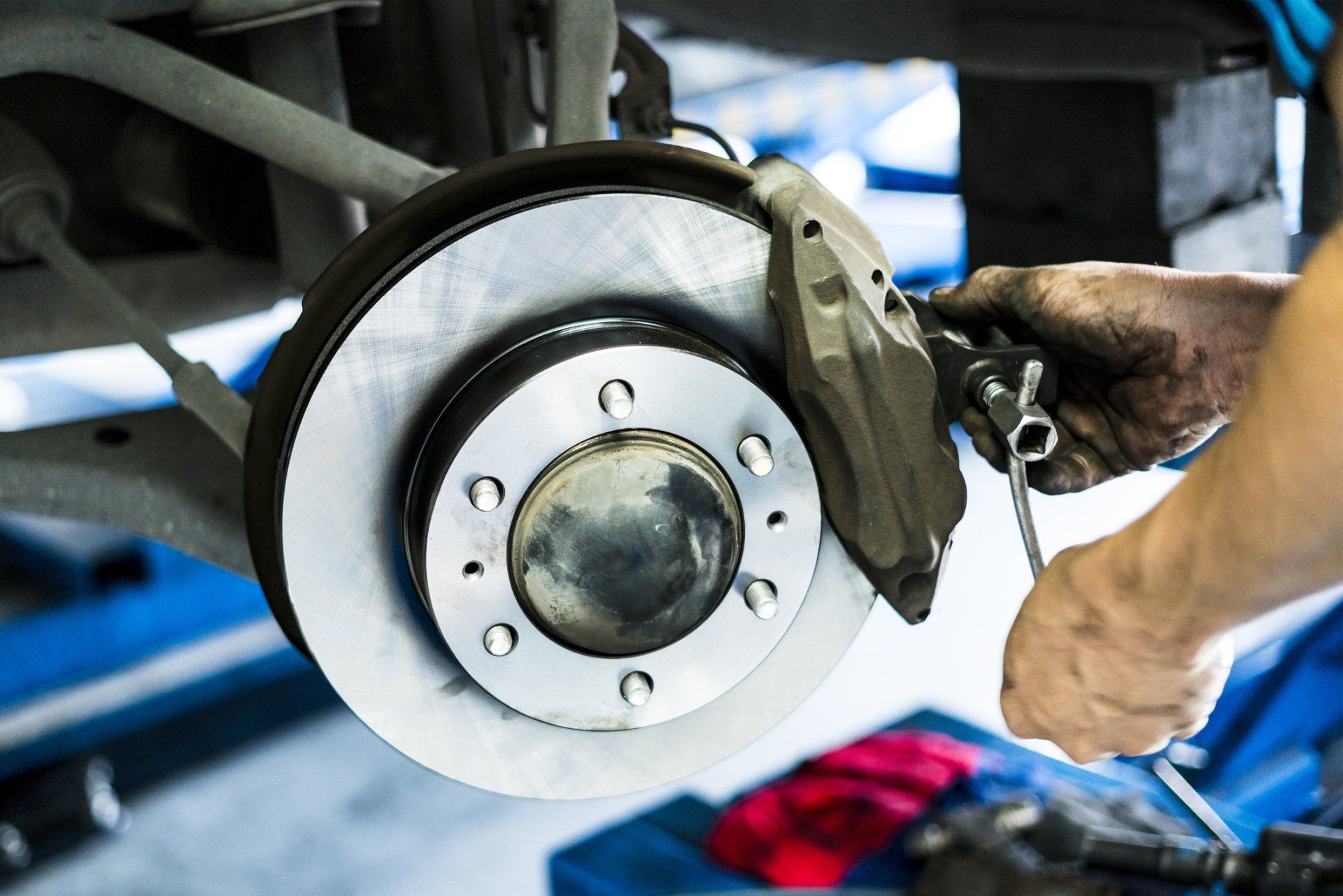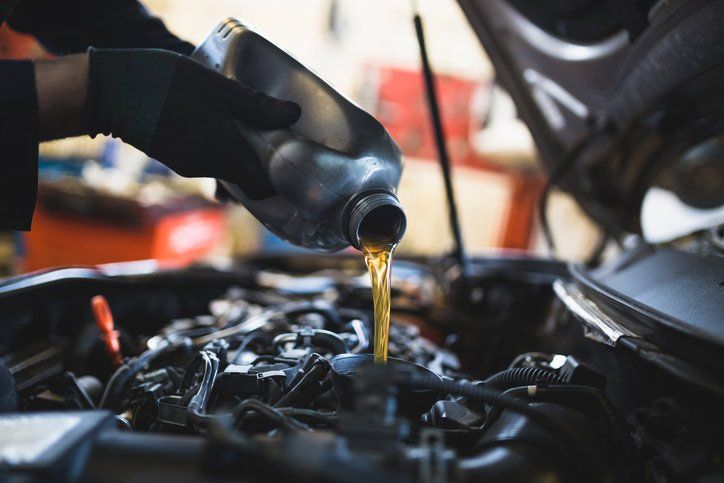uropean cars, just like their American counterparts, generate power by combusting a mixture of gasoline and air. This process consumes most — if not all — of the gasoline. Yet all gasoline contains a certain percentage of impurities, and these impurities often fail to burn up along with the gas. Instead, they attach themselves to the inside of your engine as fuel varnish deposits.
Most gasoline contains special detergents which remove these deposits. Yet these additives cannot always control fuel varnish. In such cases, as the deposits grow thicker, they may begin to present serious difficulties for your car. This article takes a closer look at three of the most commonly experienced problems caused by excessive engine deposits.
Engine deposits often cause a car to experience rough idle. In other words, you may notice that your car tends to shake and vibrate excessively when not in gear. Additionally, you may notice that your car has a hard time starting. Rough idle most commonly stems from deposits that have built-up inside of the component known as the throttle body.
Every car with a fuel-injected engine contains a throttle body. The throttle body controls the airflow into your engine. When the throttle body opens wider, more air passes into the engine, allowing it to generate a greater amount of power. The throttle body lies under the direct control of your car's accelerator pedal.
Fuel deposits inside of the throttle body go by the name of coking. Coking involves the accumulation of a layer of black residue. As this layer becomes thicker and thicker, it hampers the flow of air through the throttle body. Worse still, it may prevent the throttle blade — used to control air flow rates — from closing completely.
As a result, when you take your foot off of the accelerator pedal, the throttle body will not be able to completely choke off the flow of air. The resulting air leak often leads to rough idling as your car's computer attempts to alter the idle speed in order to compensate for the additional air entering the engine.
Loss of engine power is another common symptom of engine deposits, especially for cars that utilize Gasoline Direct Injection systems — or GDI systems for short. Traditional fuel injection systems spray fuel into the intake manifold, where it mixes with air prior to entering the engine's cylinders.
A GDI takes a completely different approach, injecting a highly pressurized stream of fuel directly into the cylinders. This method allows a GDI system to increase both fuel economy and overall power by up to
25 percent. Unfortunately, however, the particular structure of a GDI system makes an engine more vulnerable to deposit build-up.
Specifically, deposits tend to accumulate on the outside of the valves that control the airflow into the cylinder. Because the GDI sprays fuel directly into the engine, these valves are never exposed to the gasoline detergents that would otherwise help keep them clean. As a result, deposits tend to accumulate quite rapidly.
Once intake valve deposits have grown pronounced enough, they introduce turbulence into the airflow. Ultimately, they may also restrict airflow to a problematic level. As a result, a car with deposits on its GDI valves may suffer from such power-related problems as misfiring, hesitation, and stumbling.
Fortunately, optimal performance can be restored by having dirty intake valves professionally cleaned. Once the carbon deposits have been thoroughly removed, your car should cease to exhibit power issues. For more information about what it takes to keep engine deposits from impacting the performance of your car, please
contact the European car experts at German Car Care.
